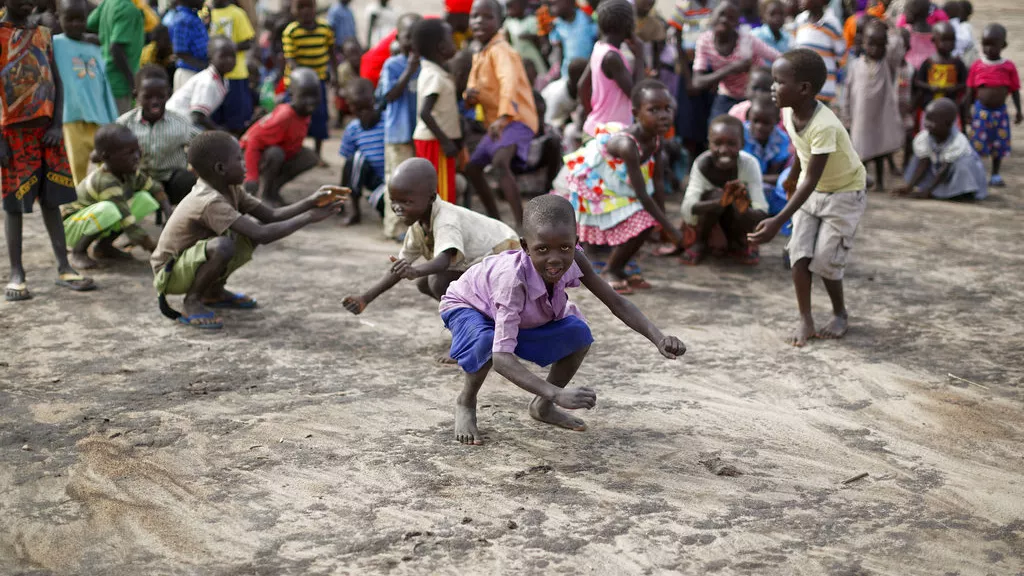South Sudan has declared a two-week suspension of all schools due to a severe heatwave that has led to several students collapsing.
This marks the second time the nation has shut down schools amid extreme temperatures in the months of February and March, with the country already grappling with the impacts of climate change, including seasonal flooding.
Deputy Education Minister Martin Tako Moi shared that, on average, 12 students are collapsing daily in Juba. The majority of schools are housed in temporary structures made from iron sheets, lacking access to electricity needed for cooling.
Environment Minister Josephine Napwon Cosmos has advised residents to stay indoors and keep hydrated as temperatures are expected to soar to 42°C (107.6°F). She also recommended that government workers operate in shifts to minimize heat-related health risks.
Some education workers have suggested altering the school calendar so that institutions close in February and reopen in April, once the weather improves. Abraham Kuol Nyuon, Dean of the Graduate College at the University of Juba, emphasized that the school calendar should be tailored to the local climate in the country’s ten states.
A civil society organization, Integrity South Sudan, criticized the government for its failure to properly plan for such events. They argue that the recurring school closures reflect the government’s neglect of the educational needs of the country’s children.
South Sudan’s health system is under strain due to ongoing political instability. The country’s previous conflict, from 2013 to 2018, led to nearly 400,000 deaths before a peace agreement was signed. Additionally, the nation’s elections, which were scheduled for last year, have been delayed for two years due to a lack of funding. The country is also experiencing an economic crisis, worsened by disruptions in oil exports following damage to a key pipeline in neighboring Sudan, though the pipeline has since been repaired.

